As you know, I spent the last week of August in Kuala Lumpur, Malaysia for the International Federation of Library Associations and Institutions (IFLA) World Library and Information Congress (WLIC). When I returned, I met with my senior leadership for a day long retreat at Hueston Woods near Oxford, Ohio. I gave updates on my planning thoughts for UC Libraries’ newest strategic endeavors, we reflected on the new opportunities and challenges we may face in the upcoming year and talked about further alignment with UC’s Next Lives Here directions. We also spent time bringing the two new members of my senior leadership team, Associate Dean for Library Services Brad Warren and Associate Director of Business Affairs Jeremy Berberich, up to speed. We ended the day with dinner with a special guest, Jerome Conley, the Dean of the Miami University Libraries.
- At the Kuala Lumpur Convention Center for the IFLA WLIC 2018
- A traditional dance demonstration at IFLA
- With the IFLA DH/DS Special Interest Group Planning Committee and this year’s panelists
- During the DH/DS Panel, The Transforming Digital Scholarship Model- From Service Provider to Interdisciplinary Partner
- At Xiamen University Malaysia Campus for IFLA’s Knowledge Management satellite meeting
- With a group from Wuhan University, my undergraduate alma mater’s, iSchool
- At the Hueston Woods Lodge Conference Center for the Senior Leadership Retreat
- Hiking through Hueston Woods
- Dinner with Jerome Conley, dean of Miami University Libraries

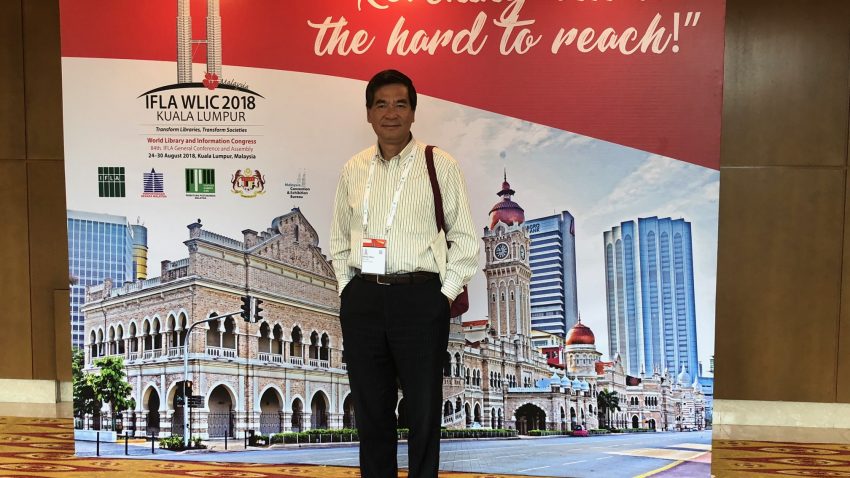
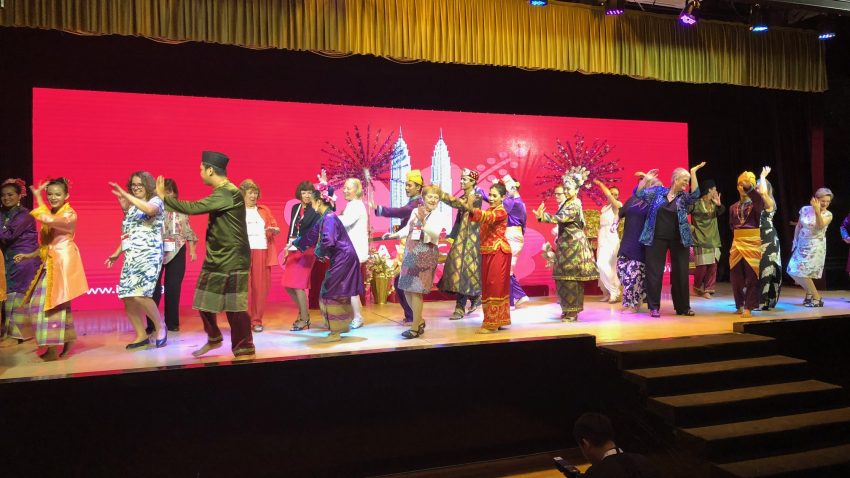
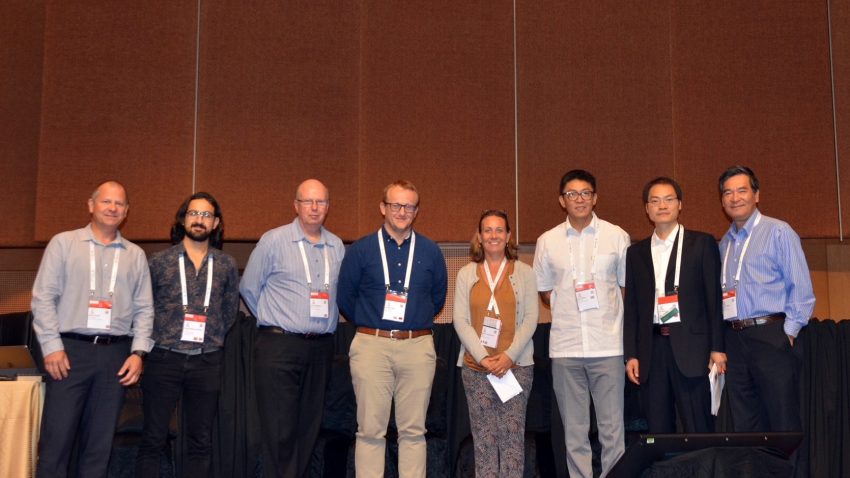
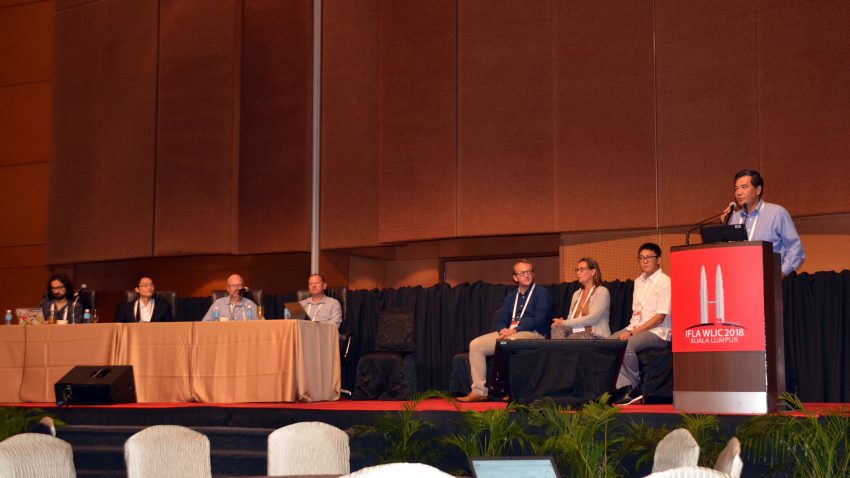
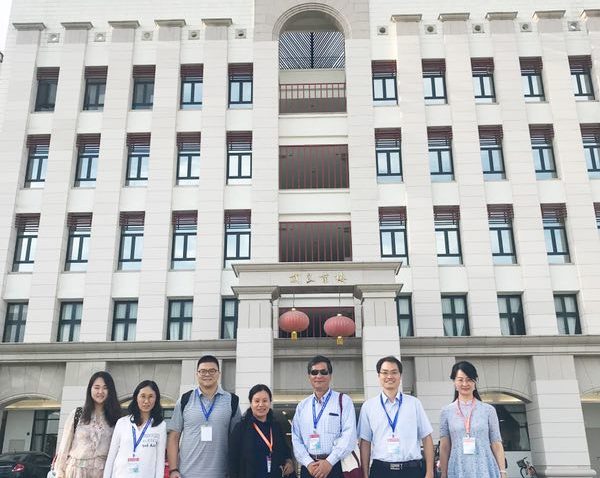
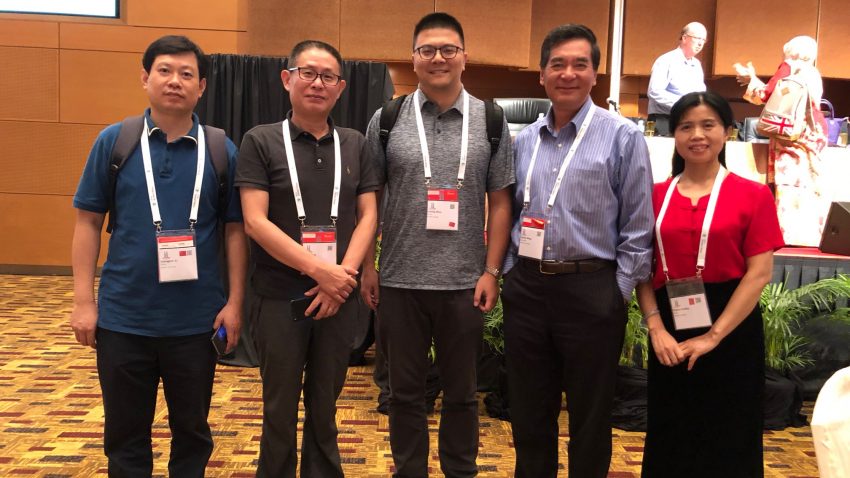
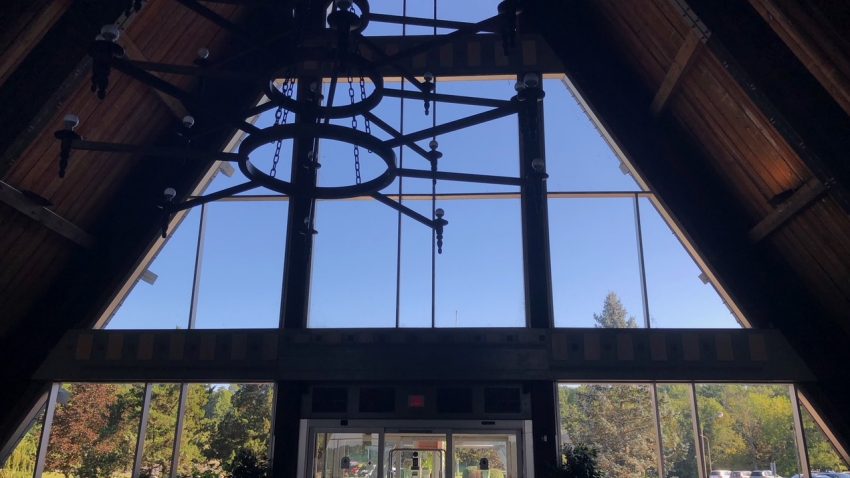
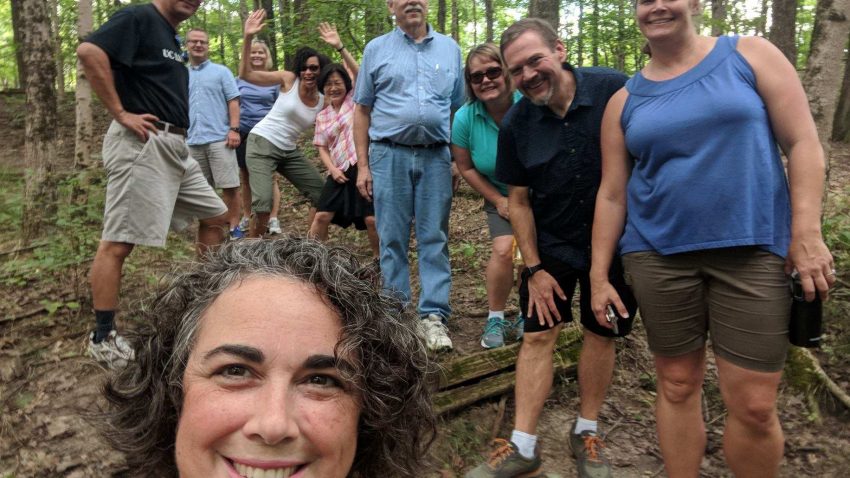
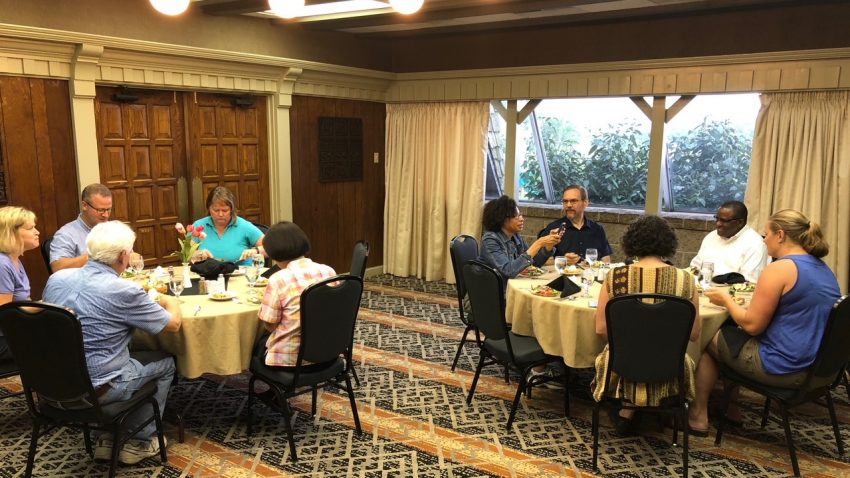
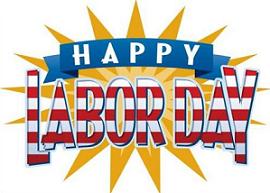 UC Libraries will be closed Monday, September 3 for Labor Day, except for the
UC Libraries will be closed Monday, September 3 for Labor Day, except for the 
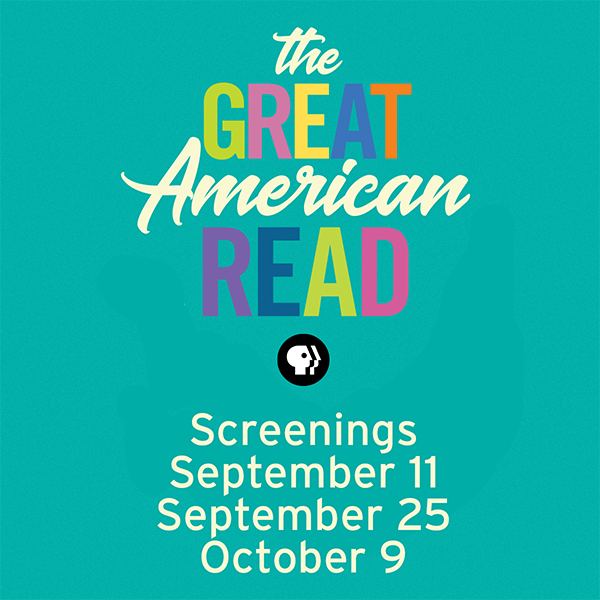 The Color Purple, Harry Potter, Gone Girl – is one of these your favorite novel? Did you enjoy or struggle reading The Grapes of Wrath, War and Peace or Heart of Darkness when assigned for class? Did you sneak read The Stand or Twilight when your teacher wasn’t looking? These favorite, or not-so-favorite, books are amongst the 100 best-loved novels up for consideration as “The Great American Read.”
The Color Purple, Harry Potter, Gone Girl – is one of these your favorite novel? Did you enjoy or struggle reading The Grapes of Wrath, War and Peace or Heart of Darkness when assigned for class? Did you sneak read The Stand or Twilight when your teacher wasn’t looking? These favorite, or not-so-favorite, books are amongst the 100 best-loved novels up for consideration as “The Great American Read.”
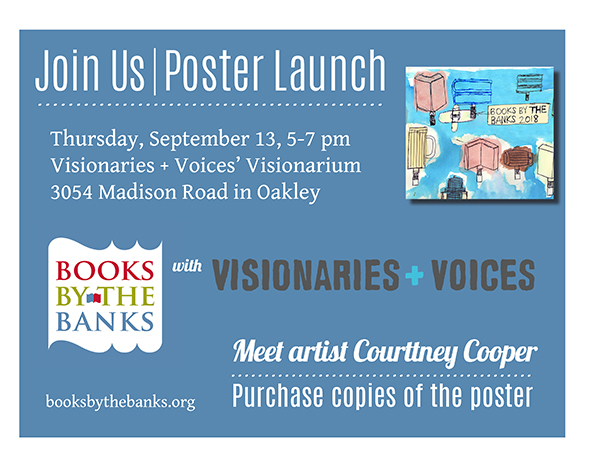 UC Libraries is an organizing partner of Books by the Banks: Cincinnati Regional Book Festival. Join us for the 2018 Poster Launch on Thursday, Sept. 13 from 5-7pm at the Visionaries + Voices’ Visionarium at 3054 Madison Road in Oakley.
UC Libraries is an organizing partner of Books by the Banks: Cincinnati Regional Book Festival. Join us for the 2018 Poster Launch on Thursday, Sept. 13 from 5-7pm at the Visionaries + Voices’ Visionarium at 3054 Madison Road in Oakley.